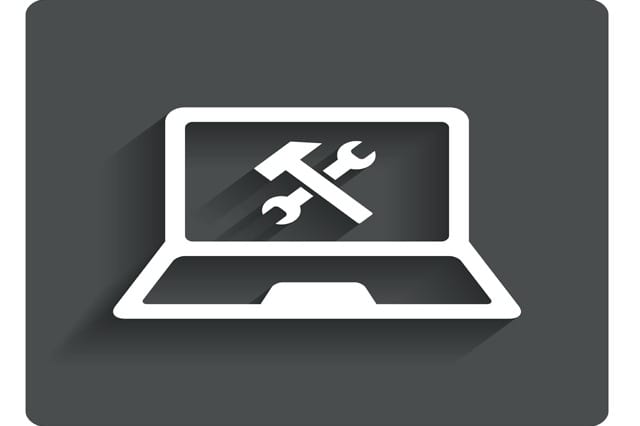For most Windows users, the most convenient tool for managing and playing videos is Windows Media Player (WMP). It’s already installed in the system and offers several features, including the ability to rip music, burn discs, and sync content across devices. But like all other programs, it’s not perfect. You may come across a video file, for instance, that WMP can’t play. If you’re stumped, here are some suggestions when you can’t play certain video files.
Check If Video File Is Corrupt
There are several things that corrupt video files. For instance, interruptions during downloads may cause videos to have missing portions, which may be essential for media players to read and play the videos. If you’re playing from discs or external drives, scratches and other forms of physical damage can corrupt the videos.
None of the other methods below will work if the video file is corrupt in the first place, so make sure what you have there isn’t partially or wholly damaged. Verify if the video files have been downloaded properly by using their checksum or hash values. The process should identify portions of the video file that need to be re-downloaded. Or, skip the verification process and just begin downloading from scratch, although you’ll be wasting more time and bandwidth this way. For damaged media, use a recovery program and hope that it can retrieve the videos intact.
Install A Codec
Windows Media Player is a versatile program, but it unfortunately doesn’t support all video file types and formats – that is, until you download a codec for those formats. A codec is short for compression-decompression or code-decode. It’s a program that turns videos into compressed formats (so they can be easy to transfer and store) and decodes them for viewing on a media player.
So even if Windows Media Player supports WMV, AVI, MOV and MP4, the underlying video codec may prevent the media player from playing them. This is also true for all other media players: they can’t play certain video and music files if they don’t have the appropriate codec.
You have to be careful where you get your codecs. There are many online repositories for codecs, and some of them claim to offer free codecs that are actually laden with malware. Whenever possible, always get your codecs from the official websites of codec manufacturers or at least from authorized sources.
Update your media player or try another one
So maybe you’re not comfortable with handling codecs yourself. Luckily for you, Windows Media Player can be configured to automatically retrieve the codecs online and install them. To do so, open WMP and go to Tools (if the menu bar is not visible, right-click under the title bar or press Ctrl+M) > Options. On the Player tab, choose under Automatic Updates how often WMP should check for updates. The more often it checks for updates, the better. Click OK.
If you’re flexible, how about trying another media player? In Windows 10 machines, another media player called Movies & TV comes pre-installed along with WMP. According to its Windows Store page, it lets you watch videos in all the latest file formats as well as let you purchase or rent videos from the store.
But since we’re talking about format support here, the best choice is VLC Media Player. Free to use and compatible with several platforms, it can play almost everything out of the box—no codec packs needed!
It’s actually great to have multiple media players installed in your system, especially in situations when one fails to play a video. Just remember to set one as your default media player.
Convert The Video To Another Format
But the problem with multiple media players in one machine is redundancy. You may need to manage multiple libraries, download software updates more often, and so on. You can stick to just one media player, if you’d like to, and just convert videos with incompatible video formats into ones that your media player supports.
Several video converters are available free and do good job in converting videos without losing their playback quality. Some good choices are Format Factory, Any Video Converter and Freemake Video Converter. Even VLC Media Player can convert videos for you, but its video conversion interface may be too advanced for the average user.


